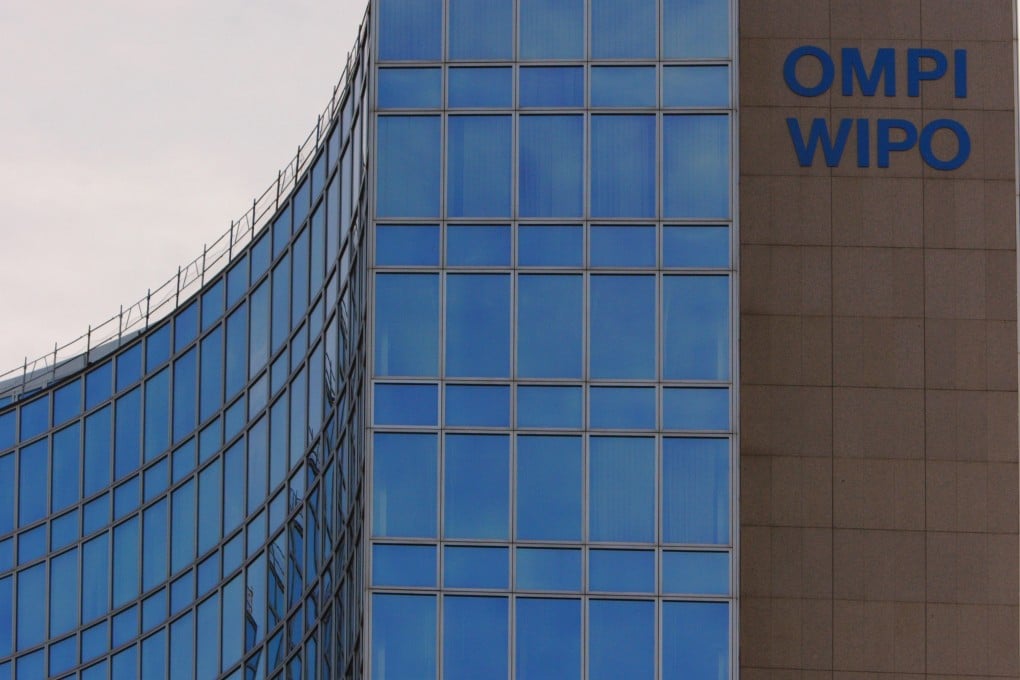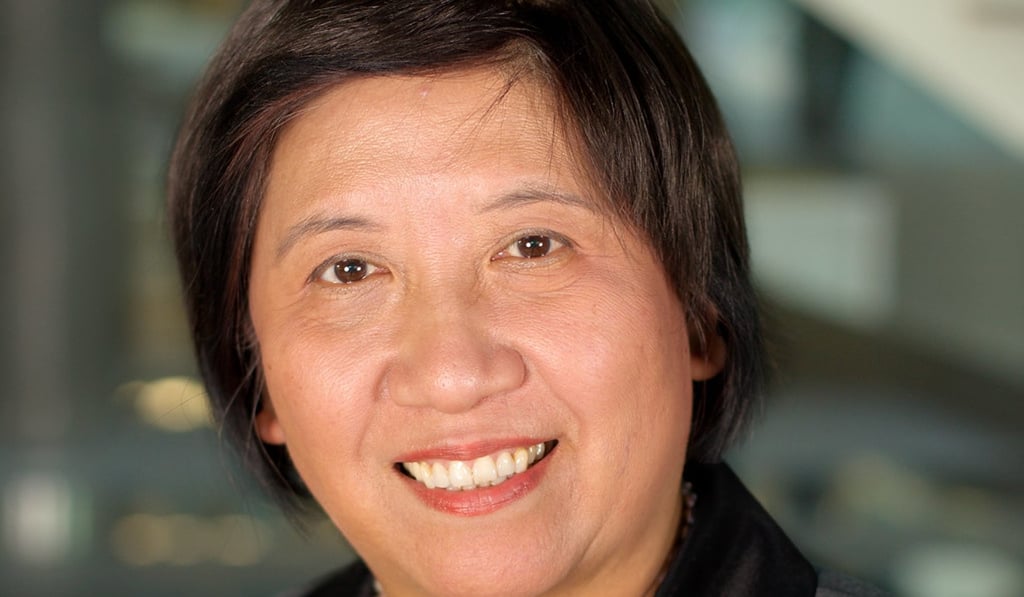UN intellectual property agency the latest battleground as China and US vie for influence
- Beijing’s nominee Wang Binying is widely seen as the front runner in next week’s election
- Chinese officials have accused US of pressuring other member states not to vote for her, while Washington has reportedly sought to promote Singaporean

Wang Binying, Beijing’s nominee and current deputy director general of Wipo, is widely seen as the front runner in the election for director general of the organisation that promotes intellectual property protections which set global standards for patents, trademarks and copyrights. The five other candidates are from Kazakhstan, Ghana, Colombia, Peru and Singapore.
The strategic spat comes as Beijing has deepened its influence in the United Nations in recent years, becoming the second largest contributor to the organisation’s budget and UN peacekeeping operations after the US, while Chinese nationals now lead four of the 15 specialised UN agencies compared to one from the US.

As Beijing has touted its version of global governance and promoted “safeguarding multilateralism” at the UN, an aversion to globalism and multilateralism has seen US President Donald Trump’s administration hold off funding to UN programmes and withdraw from the Human Rights Council and heritage body Unesco.